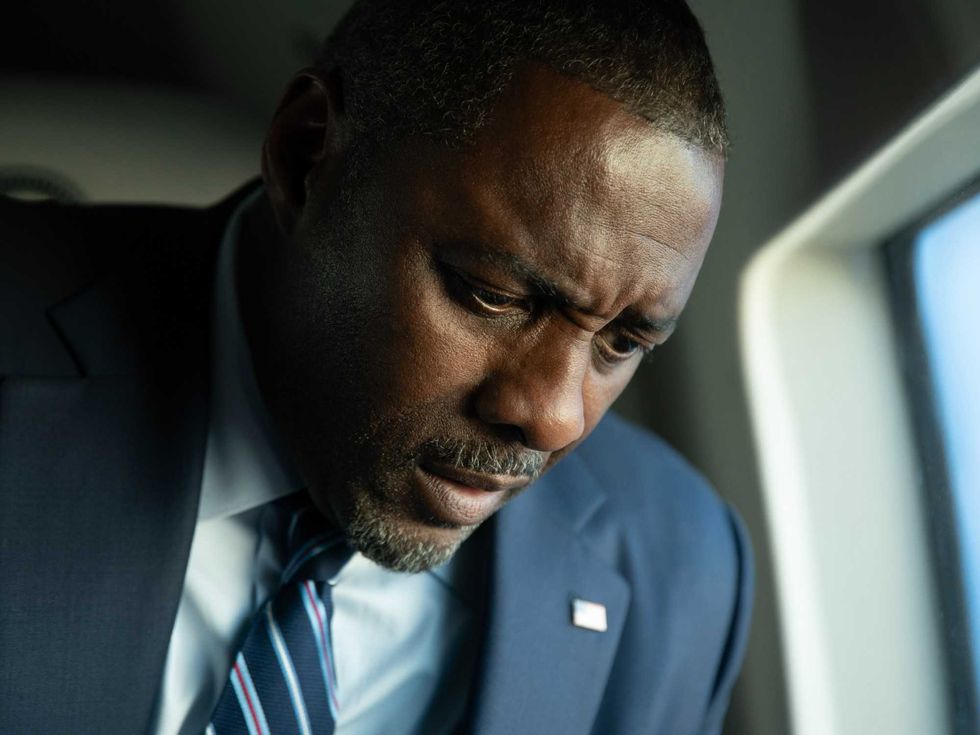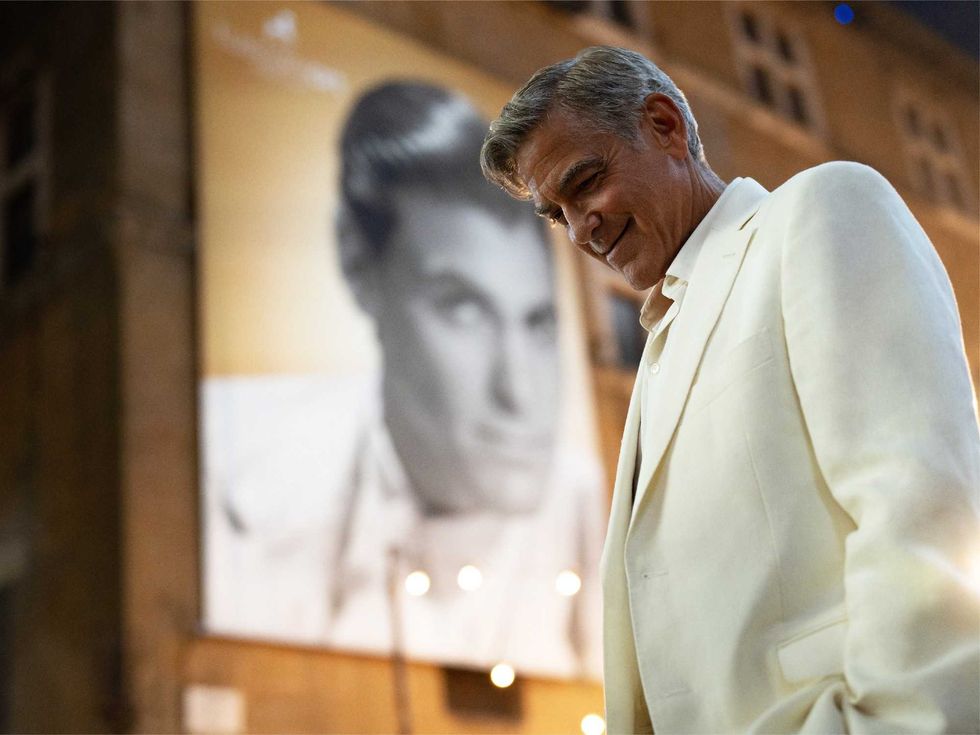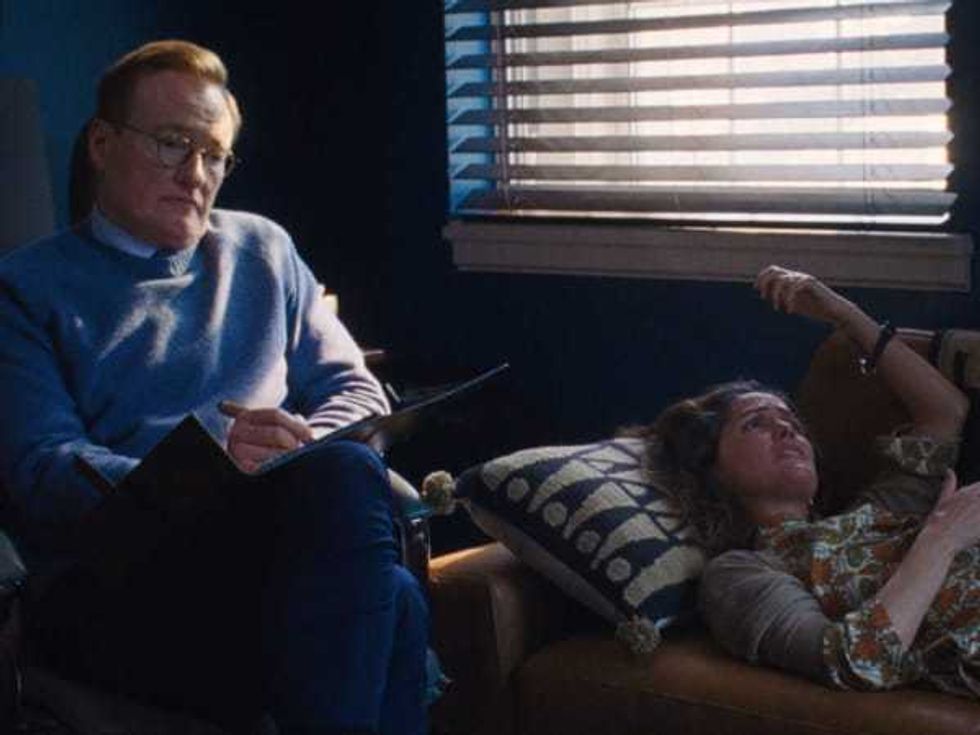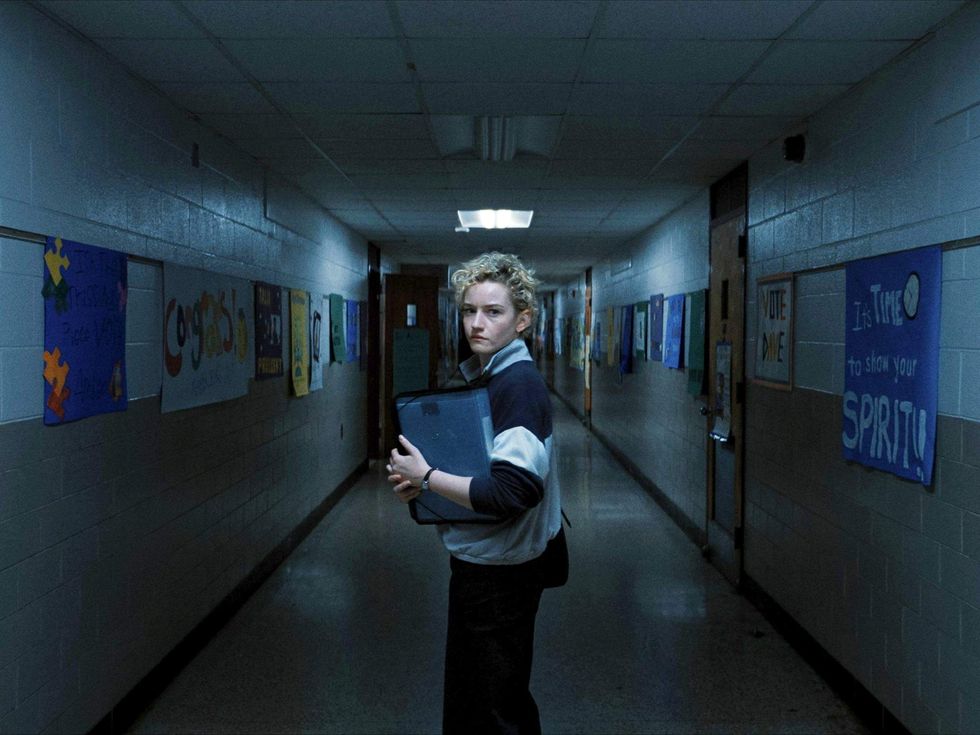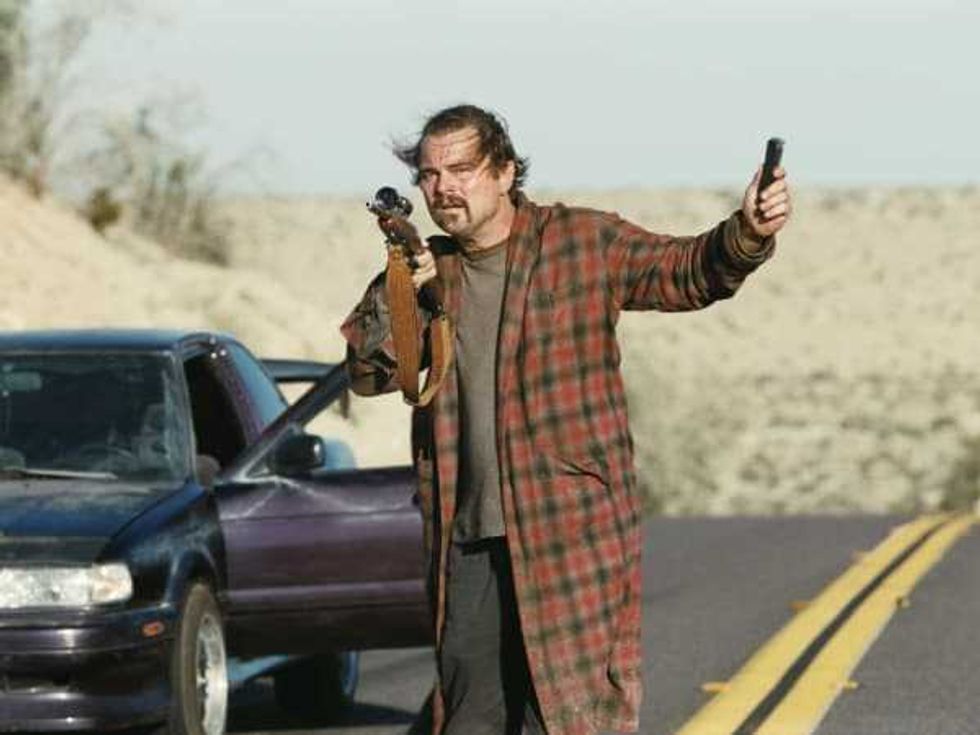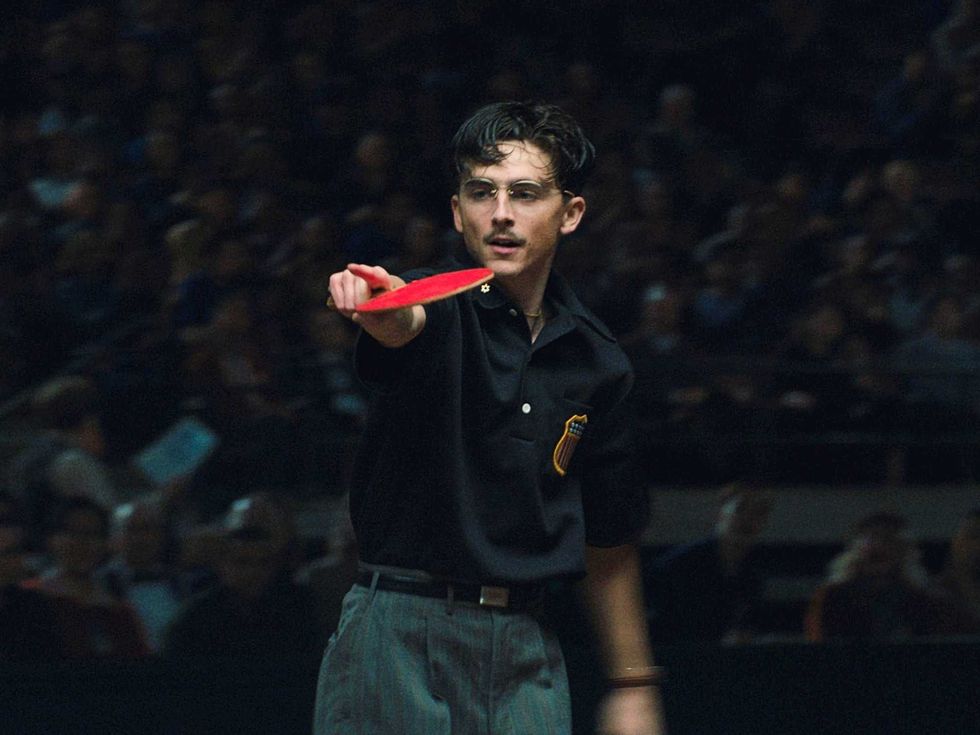Smile because it happened
Remember the music: 14 amazing singers and musicians we lost in 2016

“Don’t cry because it’s over, smile because it happened” – Dr. Suess
2016 was a devastating year for musicians. The list of names lost is extraordinary and covers a spectrum of musical styles that owe much to those we lost. While their talent will be missed, we can still smile because it happened.
It would be nearly impossible to feature all the artists lost in 2016, so feel free to add any names you want to in the comments section.
January 8, 1947 – January 10, 2016
How does one define an artist like Bowie? I’m not sure you can which is what makes him even more extraordinary. From his glam rock era, featuring an androgynous and flamboyant alter ego Ziggy Stardust, to a sound he called plastic soul with songs like Fame, Bowie continued to redefine himself. He also enjoyed collaborating with a wide assortment of artists including Brian Eno, Queen and even Bing Crosby during on a TV holiday special. There simply is not enough room here to list all of his brilliant accomplishments, so we’ll let Bowie sum it up himself; “I always had a repulsive need to be something more than human. I felt very puny as a human. I thought, ‘Fuck that. I want to be a superhuman.”
April 2, 1942 – November 13, 2016
The quintessential band leader for the rock n’ roll generation, Russell combined musical talent and showmanship that made him as unique as his sound. One of his early hits, “A Song for You,” which Elton John called an American classic, was covered by a spectrum of artists from Andy Williams to Amy Winehouse. Russell was the glue for shows like the Mad Dogs and Englishmen tour and the concert for Bangladesh. Continuing a very productive career through the '80s and '90s, he joined forces with just about everyone you can think of. Russell’s career was rejuvenated in 2010 when he teamed up with Elton John on album The Union, which Rolling Stone magazine named the third best album of the year and was nominated for a Grammy.
September 21, 1934 - November 10, 2016
Often blending dark, subdued music with religion infused lyrics, Cohen began writing poetry in the 1950s and early 1960s and did not start writing music until 1967 when he released his first album Songs of Leonard Cohen. Bono of U2 fame described what is arguably Cohen's most famous song, “Hallelujah,” as “the most perfect song in the world.” His final album, aptly titled You Want it Darker, was released just weeks before his death.
June 7, 1958 – April 21, 2016
Much like Bowie, the artist Prince could not be pigeon holed into a genre. There was simply the Prince sound. Prince broke onto the scene in 1978 with For You,” an album that he wrote, produced, arranged, composed, and, oh yeah, played all 27 instruments (to be fair, he co-wrote “Soft and Wet” with Chris Moon). It didn’t take long for the revolution to take over, both literally and figuratively. The ginormous Purple Rain gave us “When Doves Cry” and “Let’s Go Crazy,” both reaching No. 1 on the Billboard Hot 100 charts. At one point in time, Prince had the No. 1 album, song and movie in the country. He continued to be churn out music at an exhausting pace scoring No. 1 hits in the '80s and '90s.
April 6, 1937 – April 6, 2016
The poet of the common man, Haggard wrote songs that were gritty and deeply felt. His teenage years involved a series of petty crimes which landed him in the infamous San Quentin at the age of 20. After being released, Haggard bounced around local clubs before getting the chance to record his own single, “Sing a Sad Song,” which made its way into the top 20. Haggard continued to see success through the tumultuous late '60s when he penned “Okie from Muskogee,” a song he said started as joke, but ended up making him a political symbol. Haggard went on to have No. 1 hits on the country charts into the late '80s and was inducted in the County Music Hall of Fame and Museum in 1994. When introduced as guest on The Johnny Cash Show, Cash said, “Here’s a man who writes about his own life and has had a life to write about.”
December. 19, 1941 – February. 4, 2016
Born in Memphis, White studied at the Chicago Conservatory of Music and found work as a session drummer in 1963. He formed his own band, the Salty Peppers, in the Windy City in 1969, but then headed west to Los Angeles where he renamed his band Earth, Wind & Fire (the name was based on his astrological chart, which had no water signs). White had that ability to mix jazz, rhythm and blues, funk, soul and pop into a sound that still resonates today. In all, White totaled six Grammy’s with the band, and received an individual award for this arrangement of “Got To Get You Into My Life.” The bands hits “Shining Star,”, “September,” and “Let’s Groove” helped produce a succession of gold and platinum albums throughout the '70s and early '80s.
January 3, 1926 – March 8, 2016
Known affectionately as the "Fifth Beatle," Martin, was an audio engineer, producer, arranger composer, conductor and musician. His work with the Beatles alone put him in a league of his own, but Martin also worked with Jeff Beck, John McLaughlin, Neil Sedaka, Kenny Rogers, Cheap Trick, Elton John and Celine Dion, just to name a few. In all, Martin scored 30 No. 1 hits in the UK and 23 No. 1 hits in the U.S. Martin, along with his son also remixed 80 minutes of Beatles music for the Cirque du Soleil show Love.
November 6, 1948 – January 19, 2016
The Michigan-born Frey’s early career involved working with Bob Seeger. Frey allegedly was ready to join the Silver Bullet Band, but his mom nixed that idea because he smoked weed with Seeger. After moving to California, Frey met and worked with J.D. Souther and Jackson Browne before hooking up with Don Henley and playing backup for Linda Ronstadt. Henley and Frey went out on their own and formed the Eagles. Frey sang lead vocals on such monster hits as “Take it Easy,” “Peaceful, Easy Feeling,” “Tequila Sunrise,” “Already Gone,” “Lyin Eyes,” “New Kid in Town,” and “Heartache Tonight.” Frey also enjoyed success as a solo artist recording “Smuggler’s Blues,” “The Heat is On,” and “Livin Right."
May 1, 1928 – February 22, 2016
Born James Hugh Loden, Sonny James was best known for his 1957 “Young Love,” one of the very first crossover hits on both the country and pop charts. James went on to notch more than 70 country and pop-charted songs during a 30-year span, including an impressive five-year streak of 16 straight Billboard No. 1 singles. From 1964 to 1976, 21 of James's albums reached the country top 10. James became the first country artist to appear on The Ed Sullivan Show and co-hosted the very first CMA Awards show with Bobbi Gentry in 1967.
July 3, 1930 – August 6, 2016
Born in the heart of New Orleans, Fountain played Dixieland, pop jazz, honky-tonk jazz, pop and Creole in a variety of traditional and contemporary sounds. Fountain was spotted by a talent scout for Lawrence Welk and become best known for his many solos on The Lawrence Welk Show. Fountain left the show, acknowledging that “Champagne and bourbon don’t mix.” He was a prolific artist, recording over 100 albums and CD's, and opened his own club in the heart of the French Quarter where he performed with a cast of jazz greats, including his friend and rival Al Hirt.
April 30, 1943 - October 24, 2016
Bobby Vee, aka Robert Thomas Velline, was a 1960s teen idol and American pop singer who scored 38 Top 100 chart hits. Vee first gained fame as a teenager when he filled in for Buddy Holly at a Minnesota gig after Holly was killed in a plane crash. Vee's single, “Rubber Ball," in 1961 hit 31 on the Australia charts, making him an international star, but it was “Take Good Care of My Baby” that cemented his fame. Having a historic link to the great Buddy Holly, Vee wrote, “like so many other people, I became a Buddy Holly fan the very first time I heard him sing. I've been a fan ever since and I guess I always will be.
November 2, 1944 – March 11, 2016
November 10, 1947 – December 7, 2016
Maybe it’s not fair to put these two artists together in single post, but it was their combination of talent that introduced millions to the progressive rock sound. Emerson has been described as “perhaps the greatest, most technically accomplished keyboardist in rock history” by AllMusic. Lake started to play guitar and wrote “Lucky Man” at the age of 12. Lake joined Robert Fripp to form King Crimson before going on to sing, play guitar and bass for ELP. Emerson became famous writing rock arrangements of classical music for the band Nice before teaming up with Palmer in 1970. ELP sold an estimated 48 million albums worldwide.
June 25, 1963 – December 25, 2016
Riding on the wave of the brand new MTV, Michael formed Wham with Andrew Ridgeley. Wham was an immediate success with hits like “Young Guns,” “Club Tropicana,” and the chart-topping “Wake Me up before You Go-Go.” Wham broke down many barriers, including becoming the first western pop music group to tour China. Wham broke up in the mid-'80s, leading Michael to even bigger success as a solo artist mixing successive lyrics with a pop dance beat. American Top 40 host Casey Kasem refused to say the title of “I Want Your Sex.” The second single, “Faith,” solidified Michael as a superstar with the album of the same name enjoying 51 non-consecutive weeks in the top 10 of Billboard 200.

